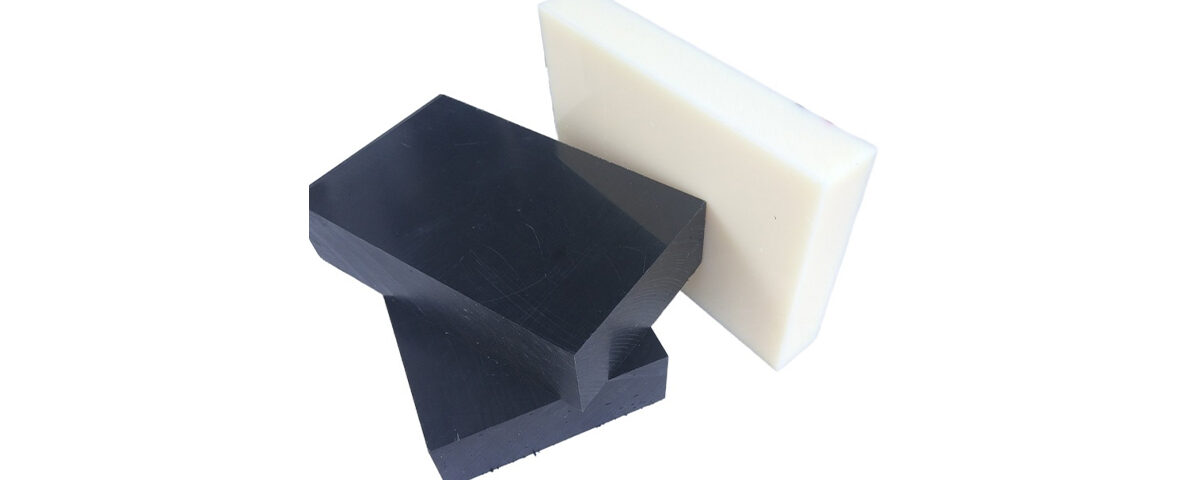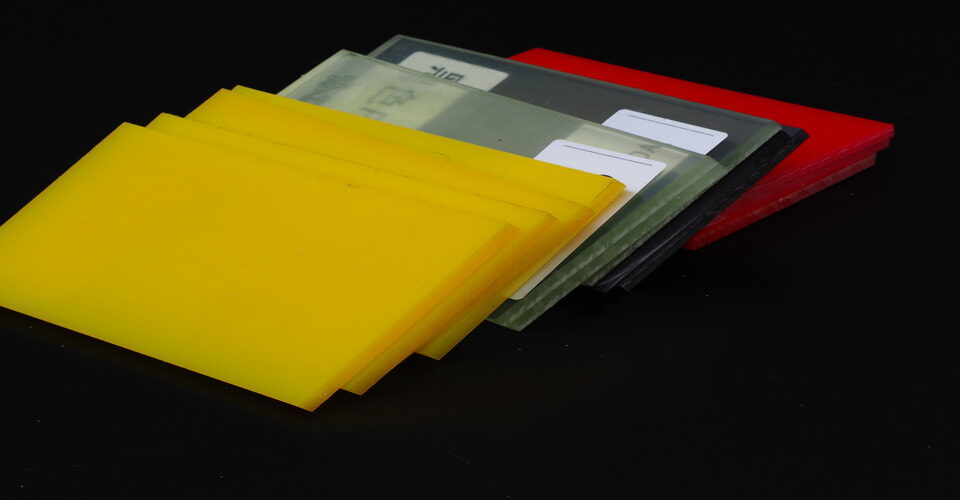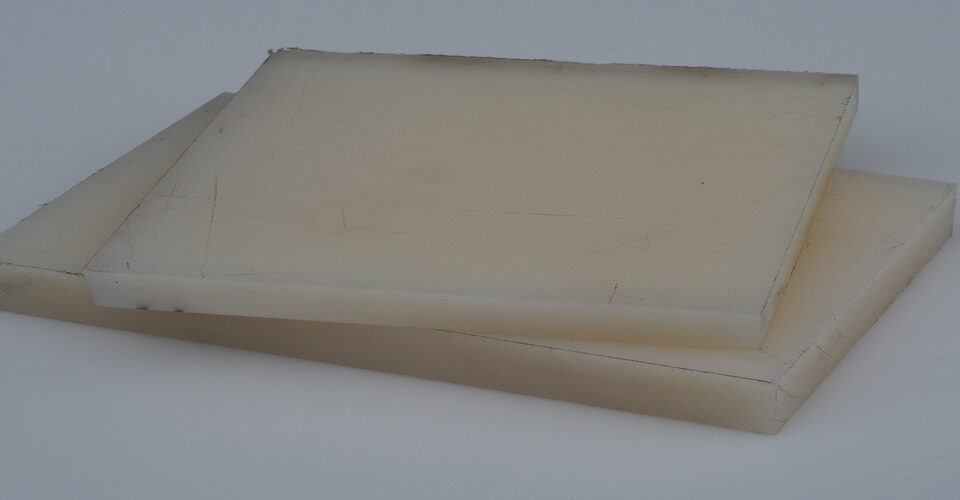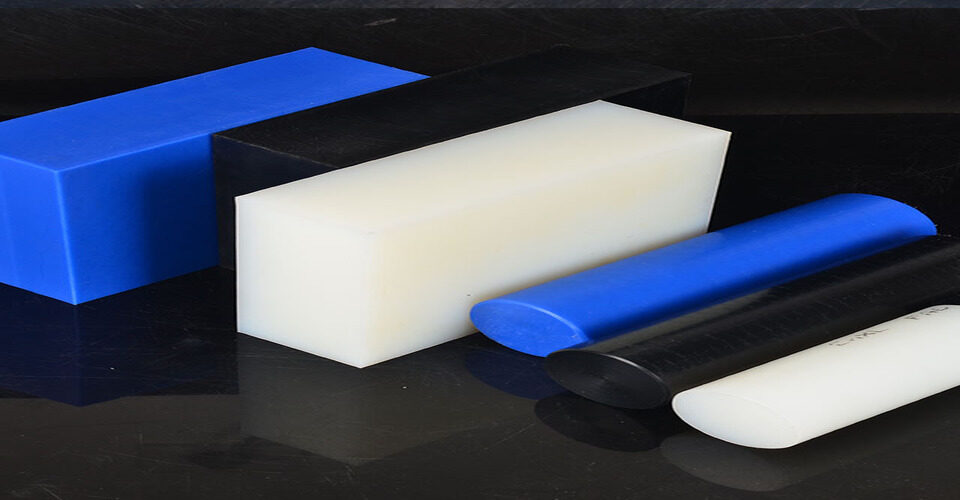
Is HDPE a Safe Plastic?
November 1, 2024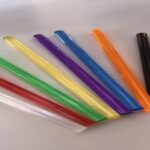
Is PMMA a Good Material?
November 4, 2024When comparing ABS plastic (Acrylonitrile Butadiene Styrene) to PVC (Polyvinyl Chloride), several factors come into play. Both materials have unique properties that make them suitable for different applications.
Strength and Durability
ABS is known for its high impact resistance and toughness, making it ideal for products that require durability, such as automotive parts and consumer electronics. PVC, while also strong, is generally less impact-resistant than ABS. It is, however, highly resistant to weathering and UV radiation, making it suitable for outdoor applications.
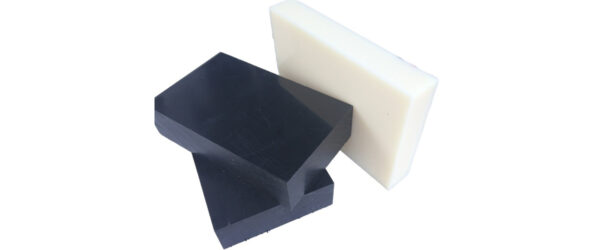
Chemical Resistance
PVC excels in chemical resistance, which makes it a preferred choice for plumbing and chemical storage. It can withstand various acids, alkalis, and salts. ABS has good resistance to some chemicals but may not perform as well as PVC in harsh environments.
Ease of Fabrication
ABS is easier to machine and can be molded into complex shapes, making it advantageous for manufacturers. PVC, on the other hand, is often more challenging to work with, particularly in terms of welding and joining.
Cost
Generally, PVC is more cost-effective than ABS, especially in bulk applications. However, the choice between the two should consider long-term performance and maintenance costs.
Environmental Impact
Both materials have environmental considerations. ABS can be recycled but may have a larger carbon footprint during production compared to PVC. PVC’s lifecycle also raises concerns due to the use of chlorine.
Conclusion
Ultimately, whether ABS plastic is better than PVC depends on the specific requirements of the project. Each material has its strengths, making them suitable for different uses.


